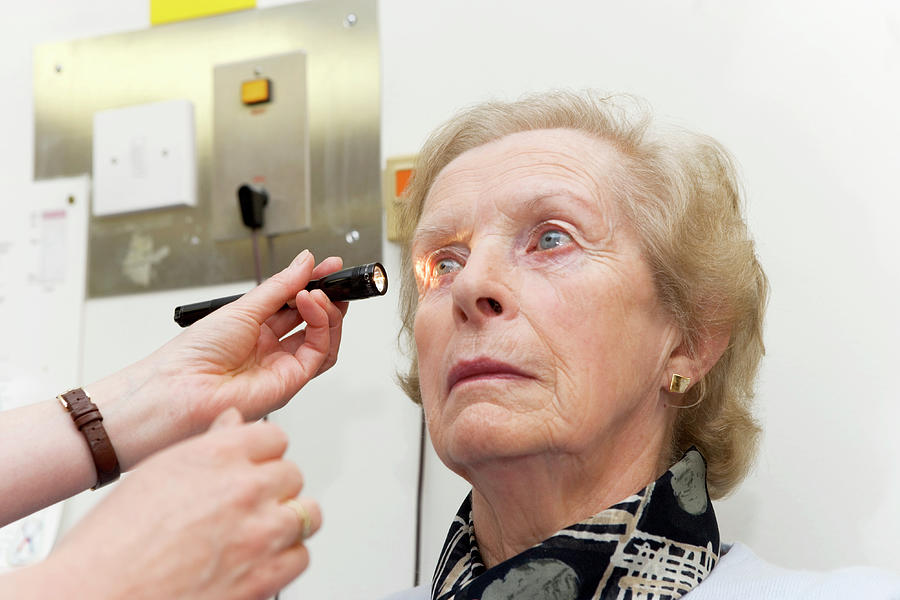

Does my child still need a comprehensive eye exam if they pass the vision screening? It is imperative that parents follow through with this recommendation as only an eye doctor can formally diagnose and treat vision disorders. Your child will be referred to an eye doctor for further examination. 11 What happens if my child fails their vision screening? No, dilation drops are not necessary for a vision screening. Do my child’s pupils need to be dilated for a vision screening? Follow-up visits can also be considered.What is the difference between a vision screening and a comprehensive eye examination?Ī vision screening can help detect a vision problem, but a comprehensive dilated eye exam by an eye doctor (optometrist or ophthalmologist) is necessary for diagnosis. Allowing a child a few minutes in the playroom before they leave allows the child to de-stress. Play specialists can talk through the experience with the child and their parents, and allow the child to play through emotions with medical play equipment. Post-procedural play should be offered when a procedure does not go well.‘Finishing’ a procedure in such a manner allows everyone to relax. This can be as simple as saying ‘all finished’ and should involve praise and some form of reward (stickers, certificates, and/or a small prize). There should be a definite ‘finish’ to the procedure that is clear to the child.Parents and siblings should also be involved with distraction-again, this encourages parents to stay calm, which helps the child stay calm and cooperative. Children do not have a choice over the procedure, so allowing them a choice over distraction technique empowers them to cope, as they feel a sense of control. Play specialists employ a range of techniques, depending on the age and developmental level of the child, as well as the medical procedure being performed. Distraction therapy offers children a coping mechanism for procedures.Spending a few minutes preparing a child in this manner ↑ the child’s cooperation with the procedure, which, in turn, saves valuable time and energy on the part of the staff, as well as making the experience more positive for the child and their parents. Play specialists can prepare children through play, using specially adapted dolls and teddies, as well as photo storybooks. Remember to reassure parents also-children are receptive to their parents’ anxieties, and a calmer parent will result in a calmer child. Therefore, take a few minutes to explain procedures to children in child-friendly language and to answer their questions. The ED is an unfamiliar environment-with strange equipment and strange language. Children’s greatest fear is often the fear of the unknown.If a child trusts the staff, they are less likely to resist examination and treatment. Taking a moment to build a rapport with a child will ↑ that child’s trust in the staff. All staff should take time to chat with children.

Encouraging children to play whilst waiting allows them (and their parents) to relax, which, in turn, will ↑ the likelihood of their cooperation. Play is a normal and natural part of childhood-children will instinctively play. Provide a well-stocked playroom with toys and activities for children of all ages, not forgetting teenagers.Ten tips for play in the emergency department Salter–Harris classification of epiphyseal injuries
Aap unequal pupil size in infants pdf#
Under the terms of the licence agreement, an individual user may print out a PDF of a single chapter of a title in Oxford Medicine Online for personal use (for details see Privacy Policy and Legal Notice). PRINTED FROM OXFORD MEDICINE ONLINE (© Oxford University Press, 2022. Oxford Specialty Training: Revision Notes

Oxford Specialty Training: Revision Texts Oxford Specialty Training: Basic Sciences International Perspectives in Philosophy and Psychiatry The European Society of Cardiology Textbooks Clinical Cytogenetics and Molecular GeneticsĪnesthesiology: A Problem-Based Learning Approach


 0 kommentar(er)
0 kommentar(er)
